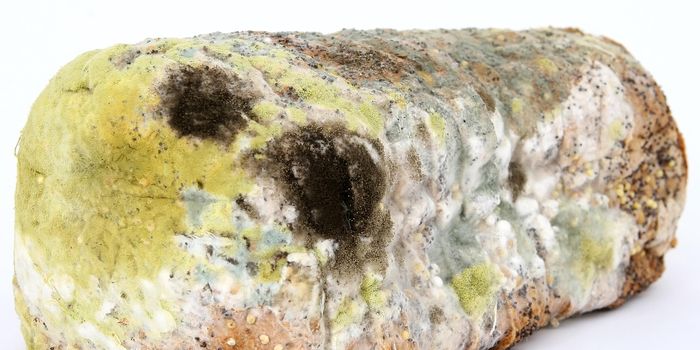The average heart beats 35 million times a year - 2.5 billion times over a lifetime. Those beats must be precisely calibrated; even a small divergence from the metronomic rhythm can cause sudden death. For decades, scientists have wondered exactly how the heart stays so precisely on rhythm even though it contains so many moving parts.
Now, researchers at the University of Maryland School of Medicine (UM SOM) have helped identify how a particular protein plays a central role in this astonishing consistency. This is the first time the mechanism has been described; the discovery could eventually help scientists treat heart problems that kill millions of people every year.

The researchers describe how myosin-binding protein C ("C protein") allows the muscle fibers in the heart to work in perfect synchrony.
For years, researchers have known that calcium acts as a trigger for the heartbeat, activating proteins that cause the sarcomeres - the fibrous proteins that make up heart muscle cells - to contract. W. Jonathan Lederer, MD, PhD, found that the calcium molecules are not distributed evenly across the length of each sarcomere; the molecules are released from the ends. Despite this, the sarcomeres contract uniformly. But exactly how has remained a thorny mystery.
C protein protein was known to exist in all heart muscle cells, but until now, its function was unknown. Using an animal model, the researchers studied the physiology of sarcomeres, measuring calcium release and the muscle fibers' mechanical reaction. It turns out that C protein sensitizes certain parts of the sarcomere to calcium. As a result, the middle of the sarcomere contracts just as much as the ends, despite having much less calcium. In other words, C protein enables the sarcomeres to contract synchronously.
"Calcium is like the sparkplugs in an automobile engine and C protein acts like the rings that increase the efficiency of the movement of the pistons," says Michael J. Previs, PhD, an assistant professor in the Department of Molecular Physiology and Biophysics at the University of Vermont.
C protein appears to play a large part in many forms of heart disease. In the most severe cases, defects in C-protein lead to extremely serious arrhythmias, which cause sudden death when the heart loses the ability to pump blood. In the United States, arrhythmias contribute to about 300,000 deaths a year, according to the American Heart Association. (Not all arrhythmias are fatal; some can be controlled with medicines and electrical stimulation.)
W. Jonathan Lederer, MD, PhD, professor of physiology at the University of Maryland School of Medicine, and his colleagues think that it may be possible to affect arrhythmias by modifying the activity of C protein through drugs. "I think this could be very big," Lederer says. "This protein is definitely a drug target."
[Source: University of Maryland School of Medicine]









